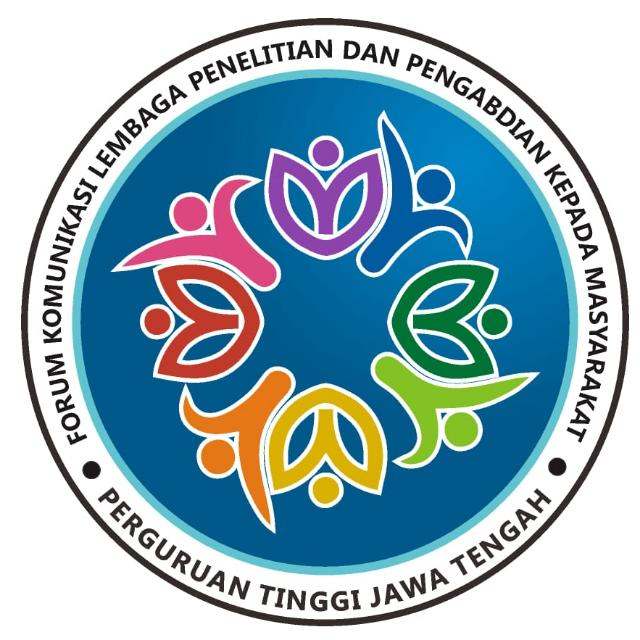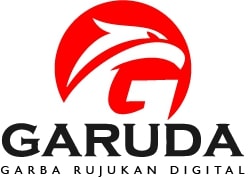IMPLEMENTASI 4C DI ERA ABAD 21 DALAM PEMBELAJARAN TEMATIK INEGRATIF PADA GURU –GURU SD MOJOSONGO III SURAKARTA
DOI:
https://doi.org/10.33061/awpm.v4i2.4229Abstract
This community service is in the form of delivering material exposure to the Implementation of 4C in the 21st Century Era in Integrative Thematic Learning to Teachers of SD Mojosongo III Surakarta. Community service by presenting teachers, school principals and in material presentation and interactive question and answer events to the level of mastery of SD Mojosongo III Surakarta teachers regarding the Implementation of 4C in the 21st Century Era in Integrative Thematic Learning for SD Mojosongo III Surakarta Teachers is intended to be able understand the essence of 4C in learning to support the smoothness of the learning process as well as theoretical clarity and a better understanding of learning, learning objects and learning situations and conditions in elementary schools. The delivery of this material to all teachers at SD Mojosongo III Surakarta, school principals and school supervisors totaling 25 teachers, both classroom and sports teachers, religion teachers and art teachers from parallel classes at the school. With the hope of teachers in the learning process in the classroom so that aspects of teacher knowledge and skills can further improve the abilities and professionalism of primary school teachers. Providing a scientific basis for elementary school teachers in understanding the essence of 4C Implementation in the 21st Century Era in Integrative Thematic Learning which consists of Communication, Collaboration, Critical Thinking and Creativity, and provide theoretical clarity and understanding better about learning, learning objects and learning situations and conditions in Primary Schools. The implementation will be held on Monday, July 15 2020 in the SD Mojosongo III Surakarta classroom with a 6 hour implementation time pattern, starting at 8.00 WIB until 15.00 WIB. The objectives of this community service are (1). Provide a scientific basis for elementary school teachers in understanding learning in the 21st Century Era in Integrative Thematic Learning (2). Provide theoretical clarity and better understanding of 4C communication, collaboration, critical thinking, creativity in learning in the 21st Century Era Keywords: 4C in the 21st century, communication, collaboration, critical thinking,Downloads
Download data is not yet available.
References
Ahmad Susanto (2014). Teori Belajar dan Pembelajaran di Sekolah Dasar. Jakarta: Universitas Kencana Prenada Media Group.
Bernie Trilling and Charles Fadel (2009). 21st Century Skills Learning for Life in Our Times. San Francisco : Jossey Bass.
Deddy Mulyana, (2005), Ilmu Komunikasi: Suatu Pengantar, Bandung: Remaja Rosdakarya
Satrianawati dan Nur Hidayah (2017) Buku Model Pembelajaran Untuk Ketrampilan Abad 21, Jakarta :Deepublish.
Yunus Abidin (2018) Pedagogik Telaah Kritis Ilmu Pendidikan dalam Multiperspektif.Jakarta : Bumi Aksara
Zuhdan K Prasetyo,(2019).Persiapan Guru Berketrampilan Abad 21 Menyongsog Generasi Emas 2045 disampaikan dalam Kuliah Perdana Prodi PGSD FKIP Unisri tanggal 28 November 2019 Surakarta.
Downloads
Published
2020-11-02
How to Cite
Handini, O., & Mustofa, M. (2020). IMPLEMENTASI 4C DI ERA ABAD 21 DALAM PEMBELAJARAN TEMATIK INEGRATIF PADA GURU –GURU SD MOJOSONGO III SURAKARTA. Adi Widya : Jurnal Pengabdian Masyarakat, 4(2), 157–165. https://doi.org/10.33061/awpm.v4i2.4229
Issue
Section
Artikel
License
- Hak publikasi atas semua materi informasi yang tercantum dalam situs jurnal ini dipegang oleh dewan redaksi/editor dengan sepengetahuan penulis. Pengelola Jurnal akan menjunjung tinggi hak moral penulis.
- Aspek legal formal terhadap akses setiap informasi dan artikel yang tercantum dalam situs jurnal ini mengacu pada ketentuan lisensi Creative Commons Atribusi-NonCommercial-No Derivative (CC BY-NC-ND), yang berarti bahwa hanya dengan izin penulis, informasi dan artikel Jurnal PKM dapat didistribusikan ke pihak lain dengan tanpa merubah bentuk aslinya untuk tujuan non-komersial.
- Setiap terbitan Jurnal PKM, baik cetak maupun elektronik, bersifat open access untuk tujuan pendidikan, penelitian, dan perpustakaan. Di luar tujuan tersebut, penerbit atau pengelola jurnal tidak bertanggung jawab atas terjadinya pelanggaran hak cipta yang dilakukan oleh pembaca atau pengakses.











